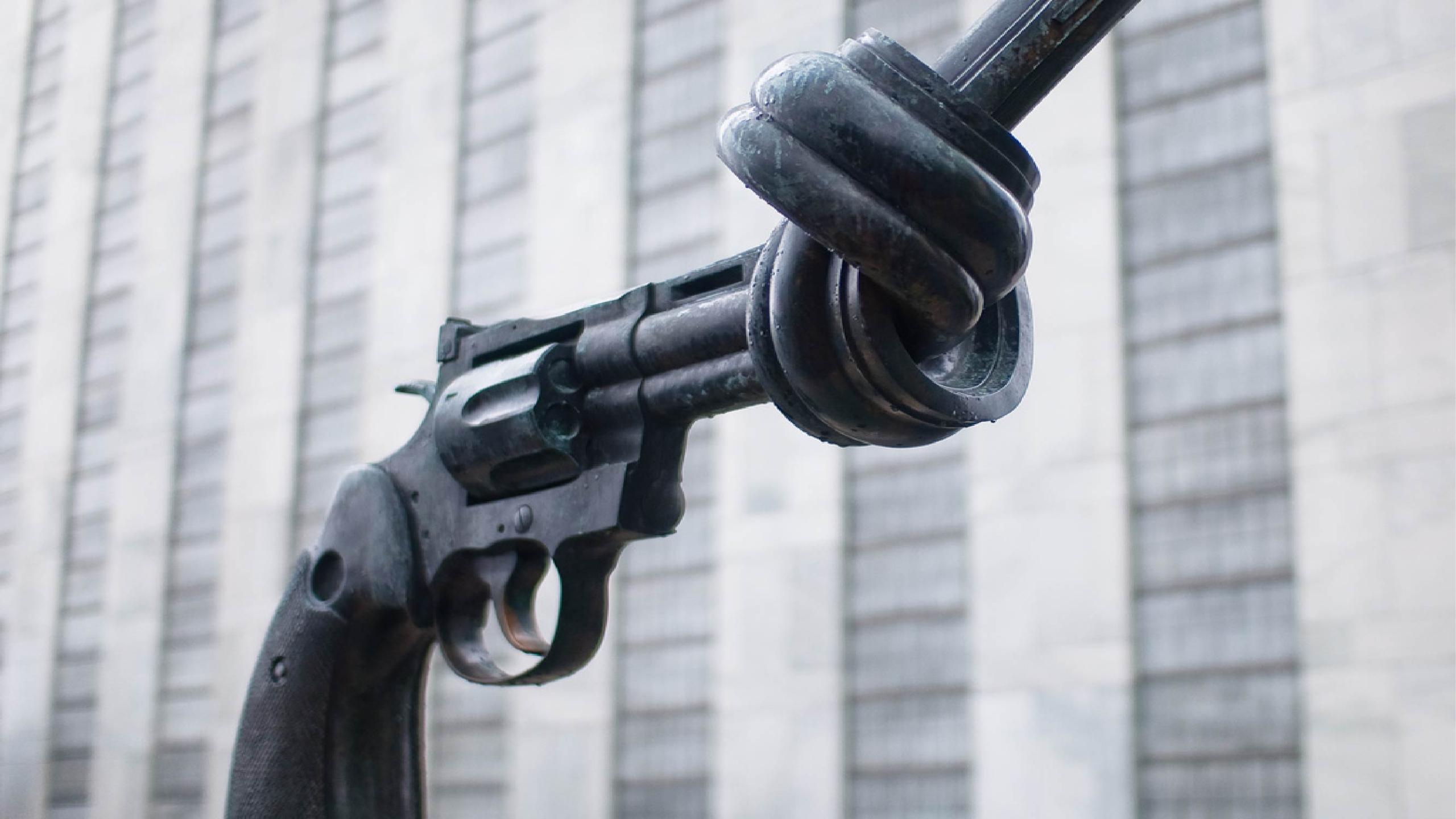The problem of American gun violence has been mired for decades in a bitter political stalemate. For some, it’s a solemn constitutional question. Or it’s about the influence of gun manufacturers and their powerful lobby. Or it’s about lifestyle in communities with a tradition of hunting. Or it may be just about the primal need to feel safe. This program attempts to look past that impasse and to focus instead on a new framework for understanding this perplexing issue: public health. We visit the emergency room of Boston Medical Center, a large urban hospital. Two veteran physicians tell us the complex and elaborate medical response that is triggered when a patient arrives with a gunshot wound. We also consider a public health aspect of gun violence that is rarely talked about: most gunshot wounds in the U.S. are self-inflicted. Someone takes their own life about every twelve minutes in the U.S. and in most cases, suicide is at the point of a gun.
They may be quite surprised by how much pain and discomfort it causes. Because when you watch movies or television where it seems like people are shot, they continue to go on for scenes. So I think there’s that misperception about, first of all, that you actually have been shot. It’s a horrific event. People are also quite frightened about, ‘Am I going to survive? And if I am going to survive, what’s going to happen?’ People who have been shot and paralyzed, for example, are understandably terrified, ‘Will I ever walk again?'”
—James Feldman, MD
A word, an act of compassion is priceless. And so often, when a person comes in, obviously, people are running around, getting things done, and they often don’t answer any questions that people ask. Sometimes they do, but many times they don’t say anything. They just close their eyes. They just lie there. And when I say to them, “I’m so sorry this happened to you,” they’ll open their eyes, they look at me, and they become inconsolable. They just start crying.”
—Thea James, MD














